Animals Getting Buzzed?
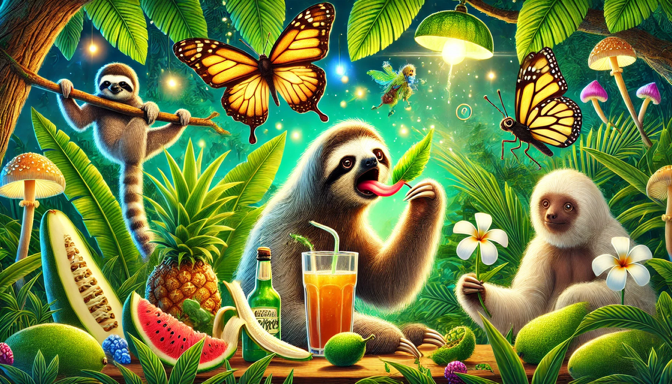
Yes, this is a real thing, and there are some animals out there that truly love to party. Check out the following list of expected – or unexpected – animals that love to get buzzed!
1. Elephants

YouTube
Elephants are infamous for their love of fermented fruit. In the wild, they’ve been spotted raiding fruit trees, particularly marula trees, where fallen fruit has fermented into alcohol. After indulging, elephants may appear sluggish or disoriented, stumbling around in a drunken state. Though it’s debated whether elephants actively seek out fermented fruit for its intoxicating effects, their behavior after consumption suggests they enjoy a good “buzz” as much as anyone.
2. Fruit Flies
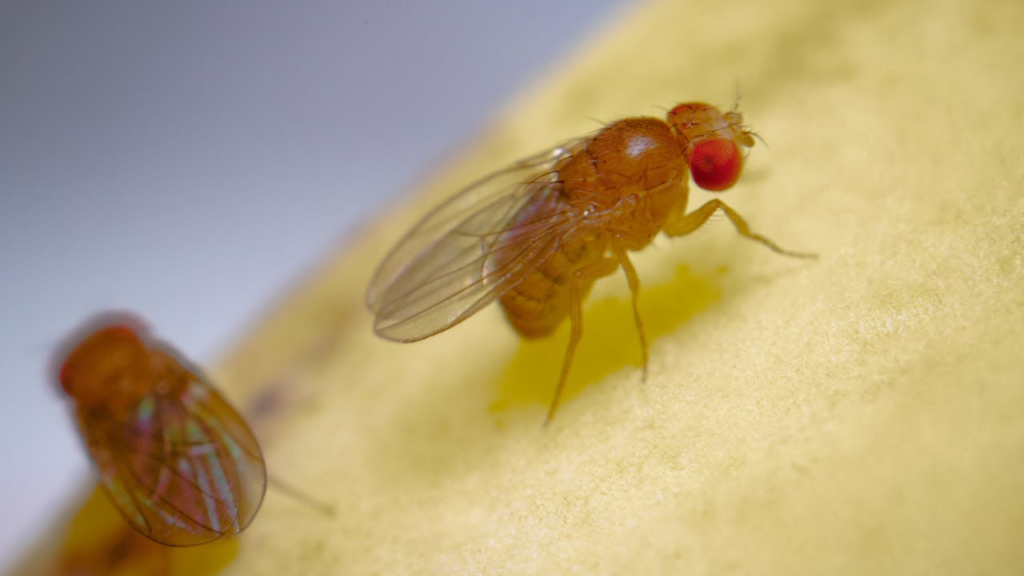
YouTube
Fruit flies are known for their affinity for fermenting fruit, and they’re no strangers to alcohol-induced behaviors. These tiny insects are drawn to rotting or overripe fruits, which contain ethanol from fermentation. Studies have shown that fruit flies are attracted to the effects of alcohol and can become more “social” after indulging, even exhibiting some drunk-like behaviors such as slower movements and uncoordinated flying patterns. It’s nature’s own party trick for these buzzing critters!
3. Bats
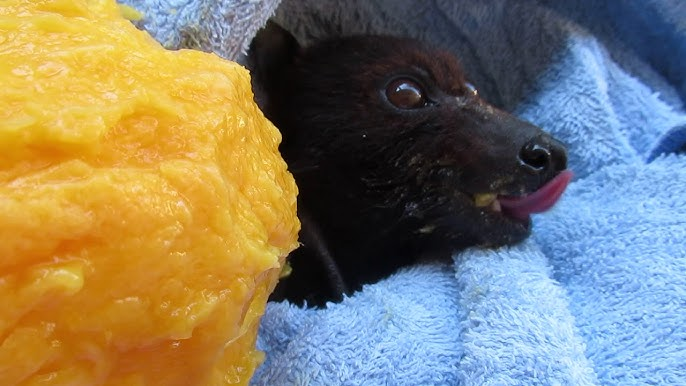
YouTube
Some species of fruit bats are known to get a little tipsy on fermented fruit. As they feast on fermented nectar or fruit, they can become visibly disoriented and less coordinated. This intoxication helps them become more relaxed, which makes it easier for researchers to observe their behavior. Despite their slightly tipsy state, bats are still capable of navigating back to their roosts, though their drunken flights are sometimes erratic.
4. Kea Parrots

YouTube
The Kea parrot of New Zealand has a reputation for its mischievous nature and high intelligence. These birds love to get buzzed by consuming fermented berries and fruits found in their natural habitat. After indulging in their boozy berries, Keas have been observed engaging in playful, somewhat erratic behaviors like flapping wildly and acting hyperactive. Their love for fermented fruit makes them the feathered party animals of New Zealand!
5. Monkeys
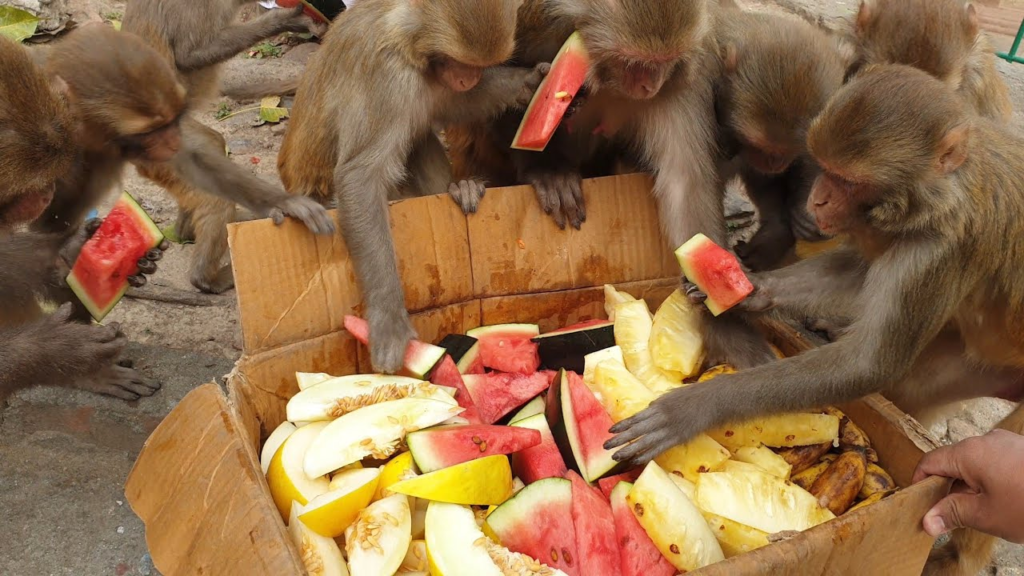
YouTube
Certain species of monkeys, such as capuchins, are known to seek out fermented fruit for a little buzz. In the wild, these monkeys have been observed getting tipsy on the fermented sap of trees, or fallen fruit. Their behavior after getting a taste of alcohol can be similar to that of humans—slower movements and a tendency to act more relaxed or sleepy. Some researchers have even noted that monkeys seem to enjoy the intoxicating effects of alcohol in the wild.
6. Drunken Wasps

YouTube
In the late summer and fall, wasps sometimes find themselves indulging in fermented fruit juices, leading to drunken behavior. After feasting on fallen, overripe fruit, they can become sluggish and uncoordinated, with some wasps even staggering or tumbling as they fly. This intoxicating effect can also cause them to become more aggressive, making them seem even more unpredictable as they buzz around in their drunken state.
7. Hippos

YouTube
Though not commonly associated with partying, hippos have a peculiar relationship with alcohol. It’s believed that they produce a natural “pink slime” that can ferment and produce a type of alcohol in their mouths. Some scientists speculate that this natural process might be a form of self-intoxication, although the hippos’ behavior after indulging is not widely studied. However, their love of water sources and mud may contribute to their occasional tipsy, sluggish behaviors, leading to theories of “hippo booze.”
8. Sloths
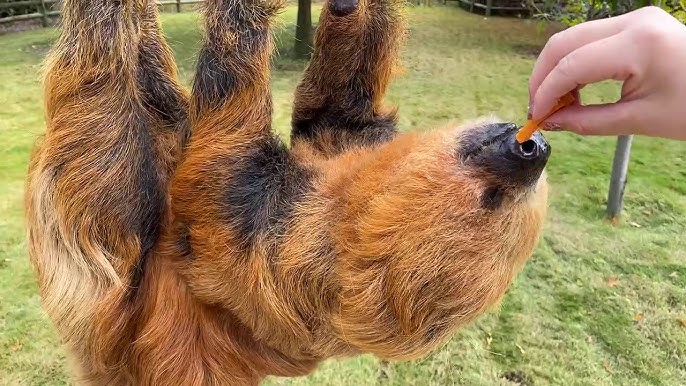
YouTube
Sloths are often associated with slow movements and a laid-back lifestyle, but there’s evidence to suggest they might love getting buzzed too. In the wild, sloths feed on leaves that sometimes contain fermented sugars, which can give them a slight intoxication. This can cause them to become even more lethargic than usual, making it hard to tell whether they’re just slow-moving or tipsy from their natural “booze.”
9. Cedar Waxwings

YouTube
Cedar waxwings are beautiful birds known for their love of berries, particularly those that have fermented. The birds feast on overripe, fermented fruit, and sometimes become quite tipsy. After consuming fermented berries, the waxwings often exhibit uncoordinated behavior, such as stumbling, flying erratically, or even crashing into trees. These little “party birds” are a spectacle during berry season, adding a touch of wildness to the natural world’s boozy antics.
10. Reindeer
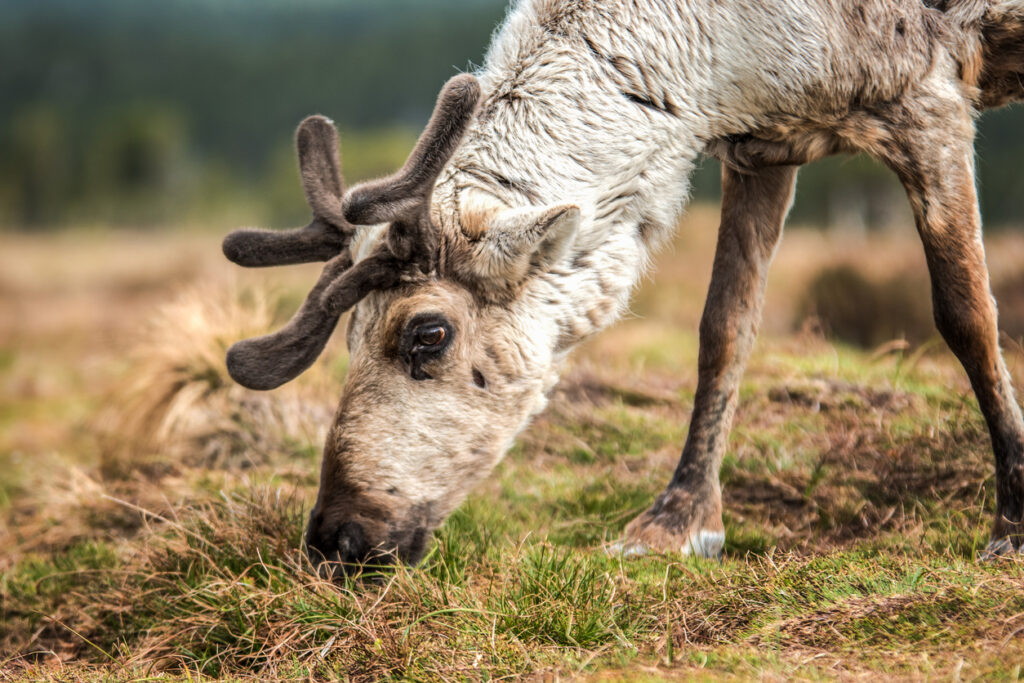
iStock
In the Arctic, reindeer have been spotted eating fly agaric mushrooms, which are known for their psychoactive properties. These mushrooms contain hallucinogenic compounds, causing reindeer to exhibit altered states of consciousness and behavior. The effect is similar to the “buzz” produced by alcohol or other intoxicants. In some regions, people have even speculated that the reindeer’s altered state is part of local folklore, tying into stories about flying reindeer.
11. Wallabies
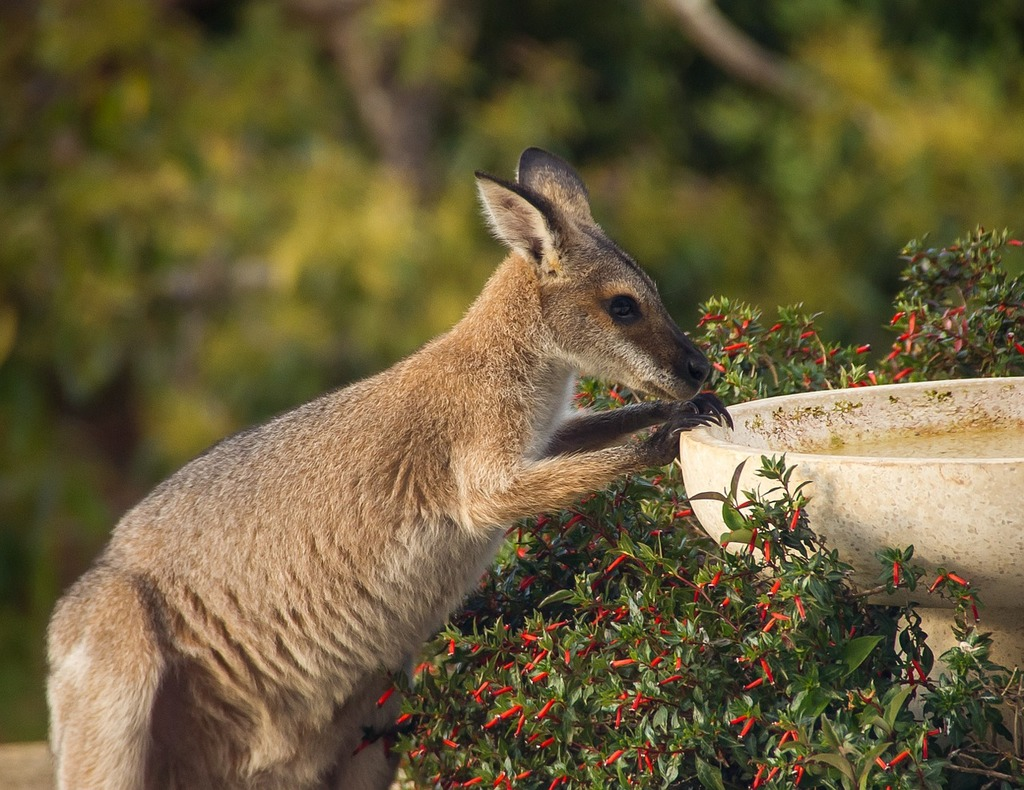
PICRYL
Wallabies, native to Australia, are known to have a penchant for fermented fruit, particularly when it’s available in the wild. These marsupials sometimes get tipsy after gorging on overripe fruit, especially apples and berries. Researchers have observed that after consuming alcohol, wallabies can become unsteady and exhibit clumsy behavior. In some cases, they may even sleep more deeply after their fruity indulgences, experiencing a true “wallaby hangover.”
12. Bees

Freerange Stock
Bees, often associated with industrious work and production, have also been known to indulge in fermented nectar. This naturally fermented nectar acts similarly to alcohol, giving bees a buzz. When intoxicated, bees become sluggish and can have difficulty returning to their hives. This has led to the amusing observation that bees, while still functional, tend to exhibit drunken, wobbly flight patterns after consuming fermented nectar.
13. Pigs
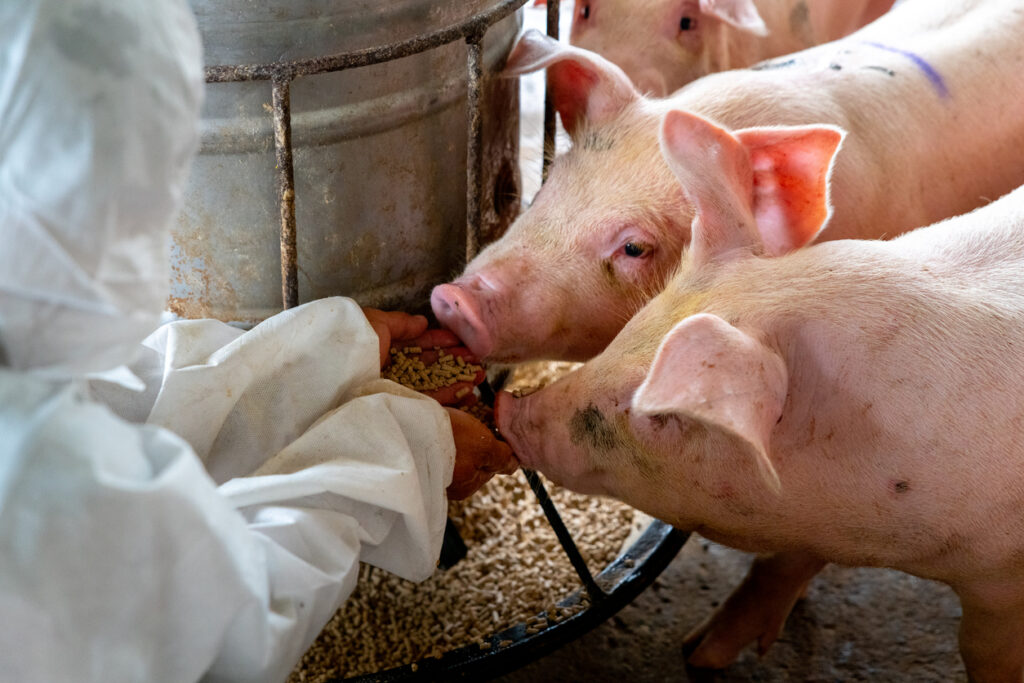
iStock
Pigs are no strangers to indulging in fermented fruits or other substances that can lead to a buzz. In some areas, pigs have been observed feasting on rotting apples or fermented corn, leading them to stagger and act disoriented. Their tipsy behavior can be likened to that of animals that intentionally seek out alcoholic substances. This “drunken” behavior is often a source of amusement, especially in farm environments, where pigs have been caught indulging in their natural fermented delicacies.
14. Wild Boars
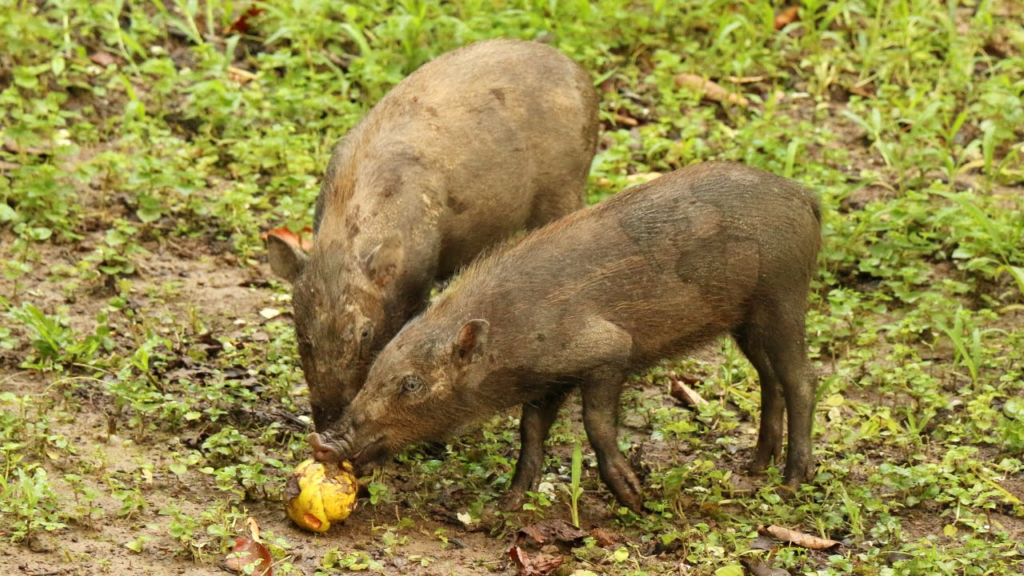
YouTube
Similar to domestic pigs, wild boars have been known to seek out fermented fruit, particularly berries and apples. The natural fermentation process can lead to a state of drunkenness in the boars, making them exhibit erratic and unpredictable behavior. Their love for fermented fruits gives them a boozy “buzz” that sometimes results in playful or erratic actions. Wild boars’ tipsy behavior has led to interesting studies on their social dynamics and how they interact with their environment when a little buzzed.


